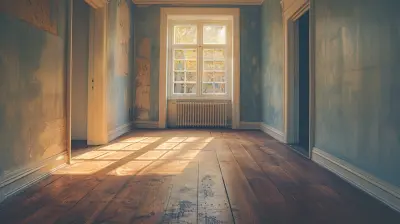Exploring the Timeless Charm of Historic Homes
23 November 2025
Have you ever walked past a beautifully aged home and felt like it had a story to tell? There's something undeniably magical about historic homes—their intricate details, craftsmanship, and the whispers of past generations lingering in every creaky floorboard. Unlike modern cookie-cutter homes, these architectural gems offer timeless charm, unique character, and a deep connection to history that many homeowners find irresistible.
But what exactly makes historic homes so special? Should you consider owning one? Let’s dive into the undeniable allure of these classic properties and what you need to know before calling one your own.
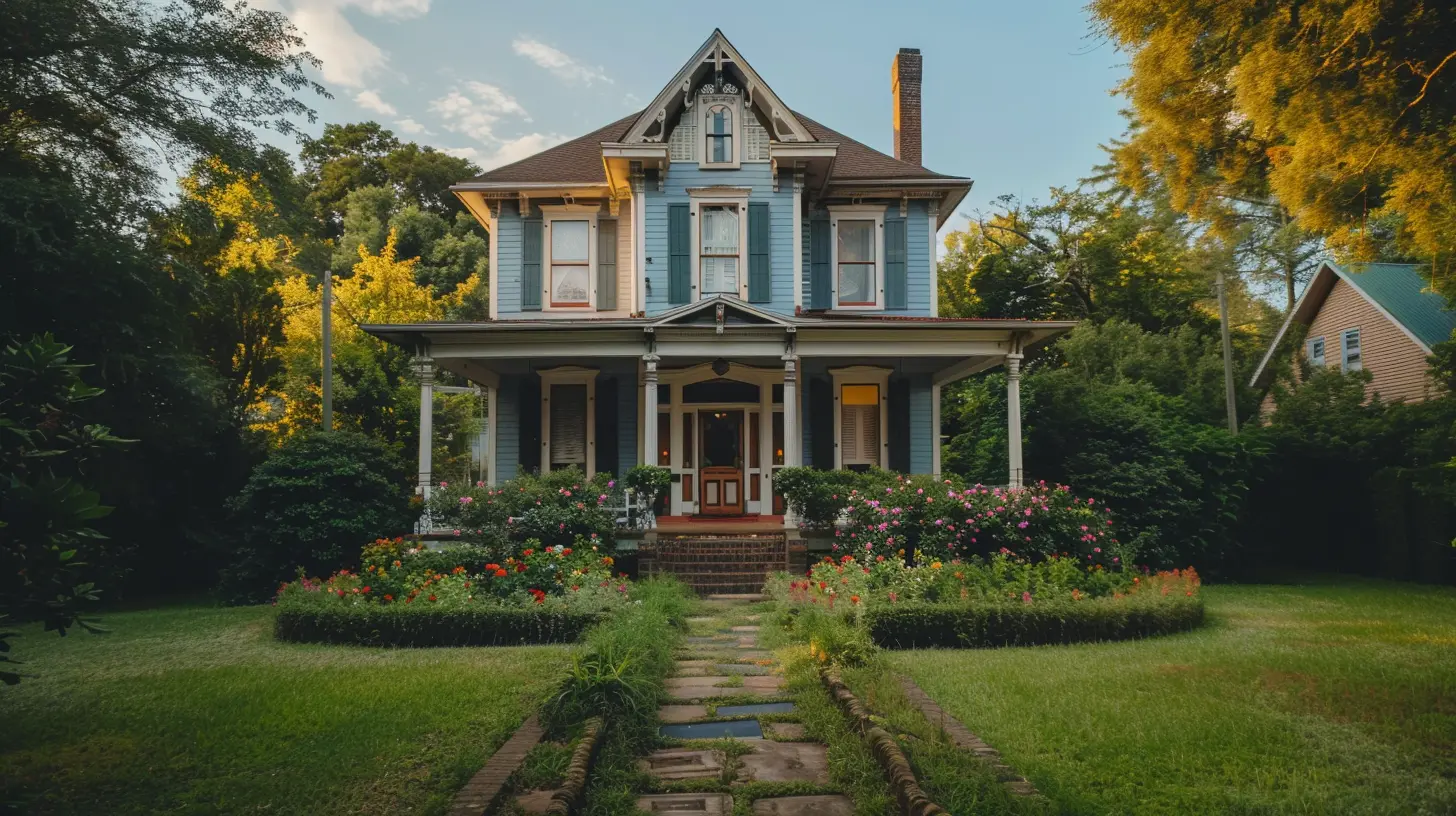
What Defines a Historic Home?
Before we get too far ahead, let’s clear up one thing—what qualifies as a historic home? Does an old house automatically count? Not necessarily.A home is typically considered “historic” if it meets certain criteria:
- It is at least 50 years old (sometimes even older).
- It has architectural or historical significance—perhaps it was home to a notable figure or designed by a renowned architect.
- It may be listed on the National Register of Historic Places or recognized by a local preservation society.
Historic homes are not just old buildings; they are living pieces of history, standing as testaments to the craftsmanship and design ideals of their time.
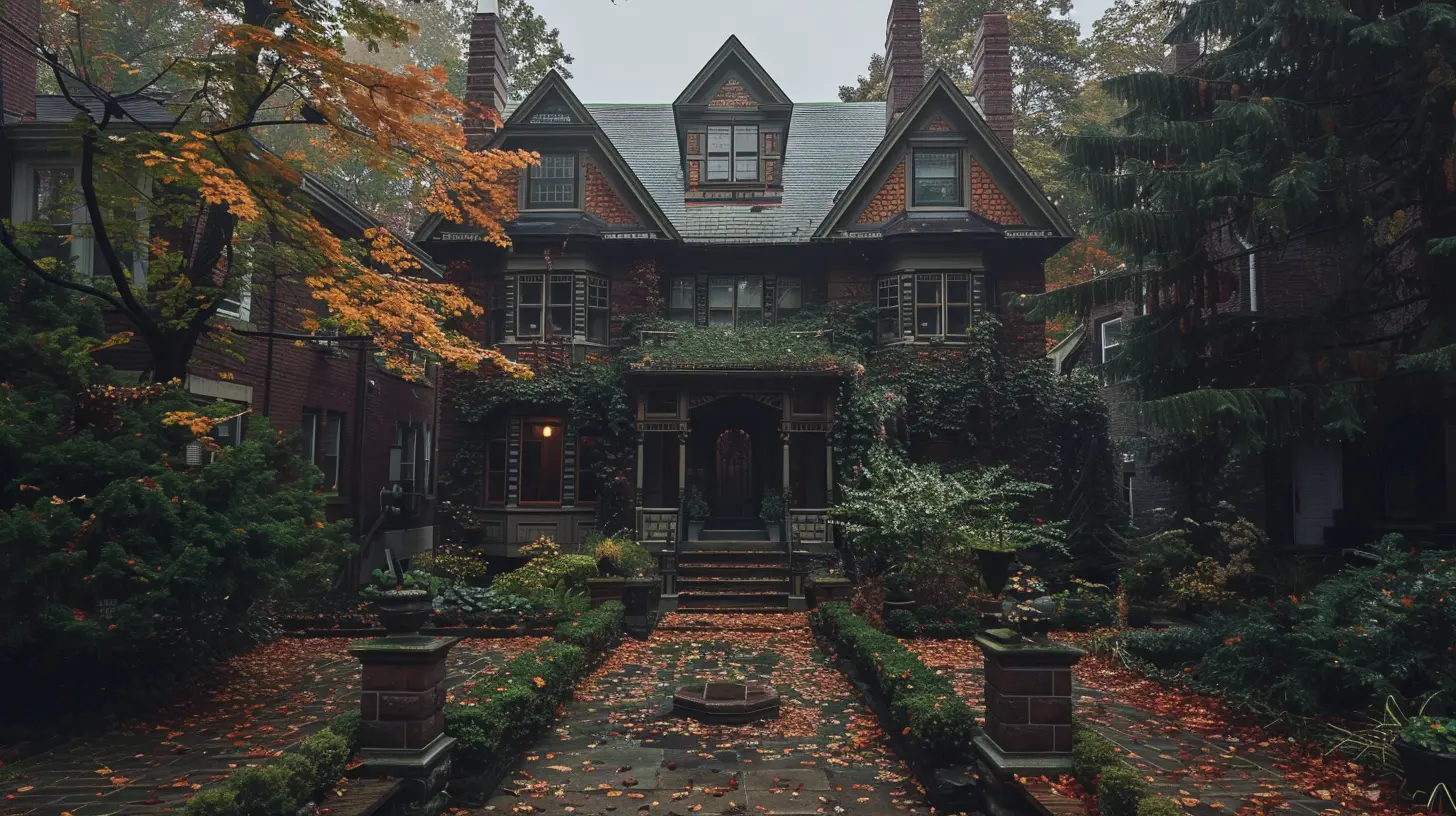
The Unique Appeal of Historic Homes
Owning a historic home isn’t just about real estate—it’s about embracing an experience. Here’s why they continue to captivate homeowners and history lovers alike.1. Architectural Beauty That Stands the Test of Time
Modern homes may have efficiency and sleek designs, but historic homes? They have soul. From Victorian turrets to Colonial-style symmetry, historic houses are often adorned with handcrafted woodwork, ornate ceilings, original stained-glass windows, and detailed moldings that you simply can’t find in today’s mass-produced homes.Each detail was meticulously designed and built to last, something that’s becoming increasingly rare in contemporary construction.
2. A One-of-a-Kind Personality
Have you ever walked into a brand-new subdivision where every house looks like a carbon copy of the next? It’s easy to feel like something is missing—character.Historic homes, on the other hand, each carry their own quirks, stories, and charm. Whether it’s a secret passageway, an antique fireplace, or a hand-carved banister, every feature adds personality that modern homes often lack.
3. A Connection to the Past
When you own a historic home, you’re not just moving into a house—you’re becoming part of its story. Imagine standing in a kitchen where meals were prepared a hundred years ago or reading by the same window where someone once peered out to watch a loved one return from war.It’s a sense of living history that you simply don’t get with newer homes.
4. Prime Locations with Community Roots
Many historic homes are located in well-established communities with mature trees, walkable streets, and a strong sense of neighborhood pride. These areas often have rich histories of their own, with charming downtowns, local shops, and longstanding traditions that bring people together.If you’re looking for a home that’s more than just four walls and a roof, a historic neighborhood might be the perfect fit.
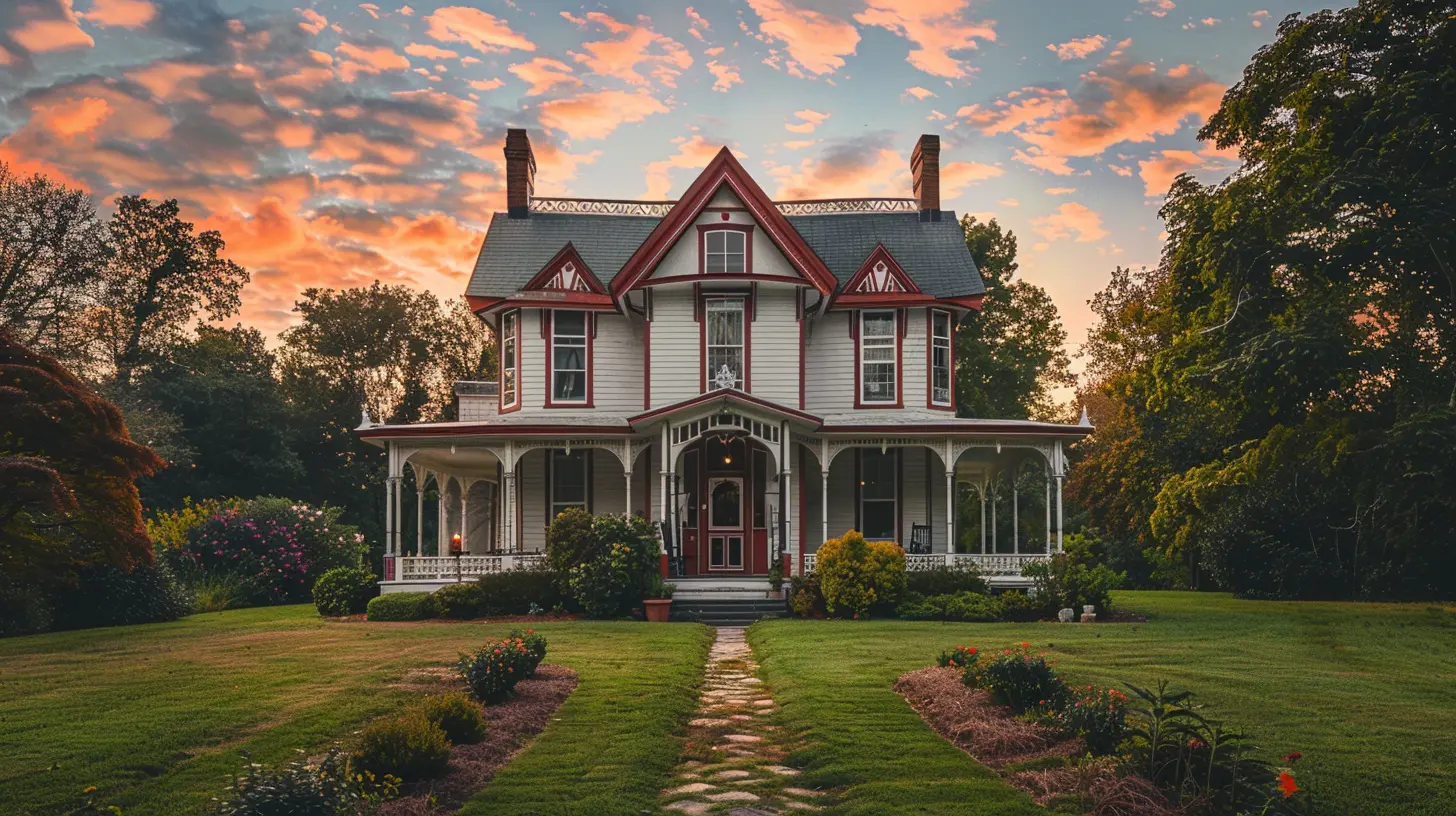
Things to Consider Before Buying a Historic Home
While historic homes are undeniably alluring, they do come with their own set of challenges. Here’s what you need to know before you sign on the dotted line.1. Renovations Can Be Tricky (and Pricey!)
Historic homes often require more upkeep than modern ones. Many still have original fixtures, old plumbing, knob-and-tube wiring, and lead-based paint that may need replacing.Plus, if the home is registered as a historic property, you may face strict renovation rules. Some local preservation ordinances require you to use specific materials or restore original features instead of replacing them. So if you’re dreaming of an open-concept kitchen in a 19th-century Victorian, you might run into some obstacles!
2. Higher Maintenance Costs
Let’s be real—historic homes tend to be high-maintenance. Their old-world craftsmanship means materials and repairs can be more expensive than those of a standard modern home.For example, replacing a custom stained-glass window or repairing ornate plaster molding will likely cost much more than a standard drywall patch-up. But for many homeowners, it’s a price worth paying for a piece of the past.
3. Strict Zoning and Preservation Laws
Depending on where the home is located, there may be laws restricting what you can and can’t do to the structure. While these laws help preserve the home’s historic integrity, they can also limit your ability to make modifications.Before purchasing, check with local preservation societies or zoning laws to understand what’s allowed and what’s not.
4. Energy Efficiency Challenges
Older homes weren’t built with today’s energy efficiency standards in mind. Drafty windows, inefficient heating systems, and lack of proper insulation can lead to higher energy bills.That being said, many historic homeowners have found creative ways to improve energy efficiency while staying true to the home’s character—like installing storm windows, insulating attics, or using energy-efficient appliances disguised in vintage aesthetics.
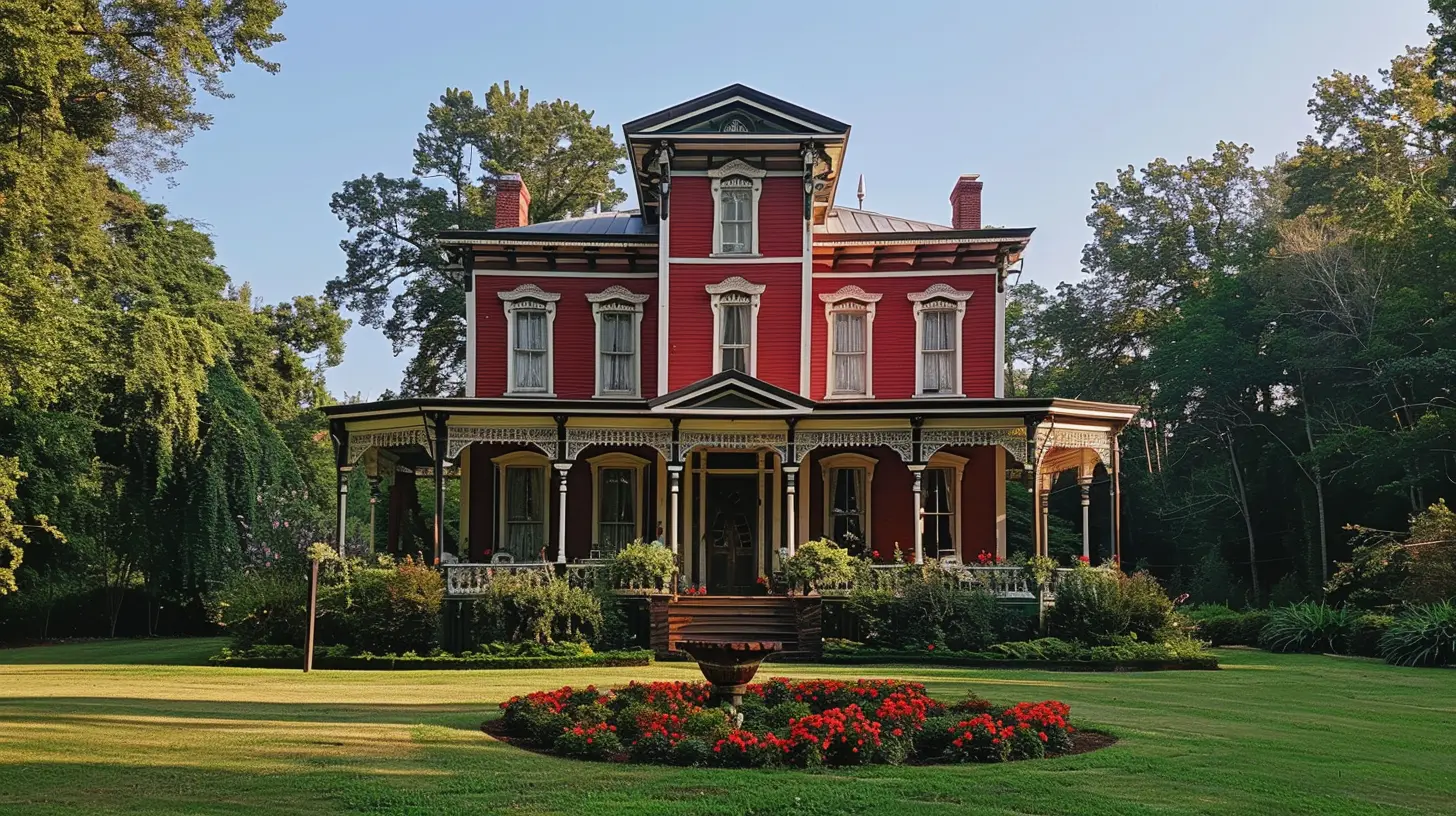
Is a Historic Home Right for You?
So, should you take the plunge and invest in a historic home? That depends on what you're looking for. If you love character, craftsmanship, and being a part of history, a historic home might be an absolute dream come true.However, if you prefer a maintenance-free lifestyle with modern conveniences (and minimal renovation headaches), you may find an older home more trouble than it’s worth.
Who Should Consider Buying a Historic Home?
- History enthusiasts who appreciate the past and want to preserve it.- DIY lovers who enjoy restoring and maintaining old homes.
- Homeowners who value uniqueness and don’t want a cookie-cutter property.
- People who love established neighborhoods with strong community roots.
Who Might Want to Skip One?
- Buyers looking for low-maintenance homes that don’t require constant upkeep.- Those who dislike surprises—old homes tend to come with unexpected repair needs.
- Homeowners who want the latest smart-home tech seamlessly integrated.
Final Thoughts
Historic homes aren’t just houses—they’re living museums, full of stories, character, and craftsmanship that’s impossible to replicate today. While they may require more love and upkeep, they offer something truly priceless: a connection to the past that turns a house into a legacy.If you’re up for the adventure, owning a historic home can be one of the most rewarding experiences in real estate. Just make sure to do your homework, set a realistic budget for maintenance, and prepare to embrace the quirks that come with owning a piece of history.
Would you consider owning a historic home, or does the idea of constant upkeep scare you away? Let us know in the comments!
all images in this post were generated using AI tools
Category:
Historic HomesAuthor:

Kingston Estes
Discussion
rate this article
1 comments
Abram Stevens
Old charm? Yes, please! Upgrade!
November 26, 2025 at 11:29 AM

Kingston Estes
Thank you! Balancing old charm with modern upgrades can create the perfect blend of style and comfort.


